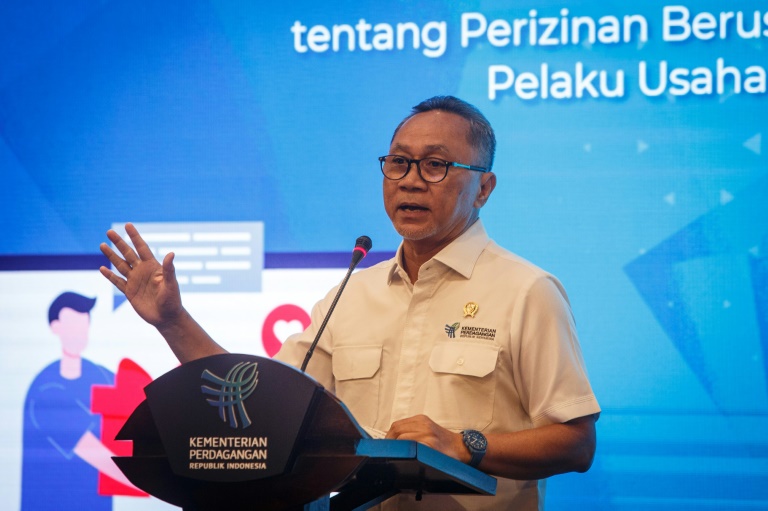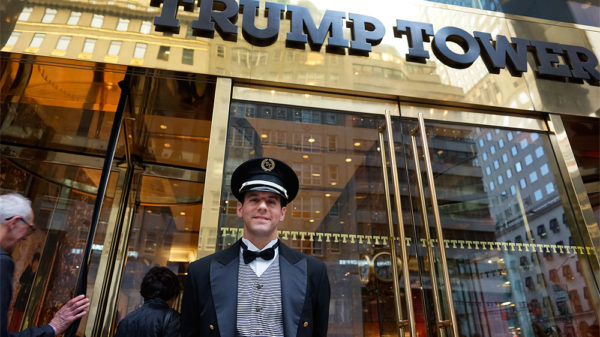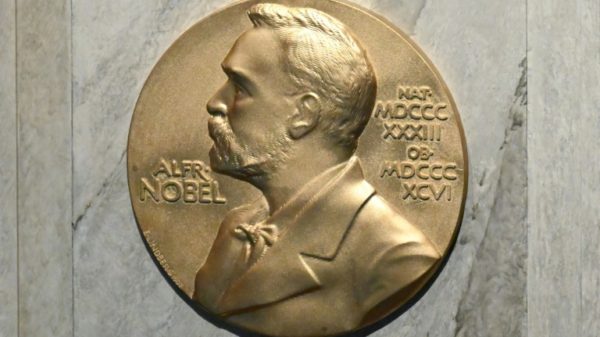Indonesia has banned goods transactions on social media platforms in a new regulation, its trade minister said Wednesday, as Jakarta aims to rein in direct sales on major platforms it says are harming millions of small businesses.
Calls had grown in recent months for a regulation governing social media and e-commerce, with offline sellers seeing their livelihoods threatened by the sale of cheaper products on TikTok Shop and other platforms.
Indonesia is one of the world’s biggest markets for TikTok Shop and was the first to pilot the app’s e-commerce arm.
“Now, e-commerce cannot become social media. It is separated,” Trade Minister Zulkifli Hasan told a news conference in the capital, Jakarta, adding that the trade regulation came into force on Tuesday.
Hasan said social commerce platforms would have a week to comply with the new rule.
“Any government would protect local small businesses,” he said, describing the regulation as a way to ensure “equality in business competition”.
The regulation means social commerce companies are now “prohibited to facilitate payment transactions in its electronic system”, according to the regulation document seen by AFP.
“Social commerce can place ads like TV, but it mustn’t be transactional. (They) can’t open shop, can’t directly sell,” Hasan said, without mentioning TikTok by name.
Companies that did not comply would be warned first and would finally have their license to do business in Indonesia revoked, he said.
Laws in the archipelago nation did not cover direct transactions through social media platforms such as TikTok, Facebook or Instagram before the new regulation.
The new regulation is yet another setback for TikTok, which has faced intense scrutiny in the United States and other nations in recent months over users’ data security and the company’s alleged ties to Beijing.
“Other countries are banning, we don’t, we’re regulating,” Hasan said.
Indonesia is now the first country in the region to act against the platform’s growing popularity in social media commerce.
The ministerial-level regulation — an amendment to a trade regulation issued in 2020 — did not need approval by lawmakers.
Chinese technology giant and TikTok owner ByteDance and TikTok Indonesia did not respond immediately to a request for comment Wednesday.
But a TikTok Indonesia spokesperson told AFP on Monday the ban would harm as many as six million local sellers who market their products on the platform.
Meta — which owns Facebook and Instagram — did not respond to a request for comment.
– ‘Markets are quiet’ –
Hasan appeared to confirm the companies would have to choose between separate social media and e-commerce licences.
“It’s clear… there are no permits for social commerce. If (they) want social commerce, please, only for promotion and ads. If (they) want to sell, there are e-commerce (permits).”
The regulation also sets a minimum price of $100 for certain foreign goods bought from Indonesian sellers on e-commerce platforms, according to the regulation document seen by AFP.
Some offline sellers at the Tanah Abang market in Jakarta applauded the government’s decision.
“The government should… dare to innovate given the current situation, where markets are quiet like this,” said Stevanie Ahua, a 60-year-old wholesale denim jeans seller.
She said her revenue had dropped by 60 percent in recent months as buyers turned to online shops.
Others such as 29-year-old cookie baker Panji Made Agung in Bali said he was disappointed by the ban.
“For sellers like me, TikTok can be used for soft selling. We can become influencers and sellers at the same time,” he said.
Experts said the transaction ban would hit the coffers of social media platforms such as TikTok, which takes a commission from every sale.
“They will definitely incur losses,” said Tauhid Ahmad, executive director of the Jakarta-based Institute for Development of Economics and Finance.
Indonesia’s e-commerce market is dominated by platforms such as Tokopedia, Shopee and Lazada but TikTok Shop gained a significant market share since launching in 2021.
Indonesia, with 125 million users, is TikTok’s second-largest global market after the United States, according to company figures.
TikTok’s chief executive Shou Zi Chew visited Jakarta in June, pledging to pour billions of dollars into Southeast Asia in the years ahead.














